The end of June was an eventful time for the IMPRESSIONS project when we hosted two important meetings: (i) a stakeholder workshop for our Iberian case study; and (ii) our 4th project steering committee meeting combined with our international advisory board.
The first IMPRESSIONS Iberia stakeholder workshop took place from 24 to 26 June, in Lisbon, Portugal. Stakeholders from Portugal and Spain from public institutions, civil society and companies gathered to discuss the future of Iberia and the Tagus river basin in the 21st century.
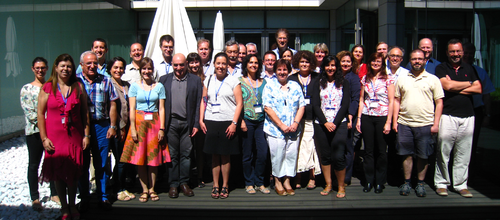
Participants at the Iberia Stakeholder Workshop; Credit: K. Zellmer
During the intensive and interactive 3-day workshop, stakeholders discussed and determined key uncertainties for the region, such as the extent of political foresight, interactions between difference governance levels and whether future development was balanced or unbalanced in terms of economics, environment and society. The uncertainties were then combined with existing socio-economic storylines (the Shared Socio-economic Pathways; SSPs) developed at the global and European scale, to elaborate a set of SSP-related socio-economic scenarios for the Iberian region. At the end of the workshop, the the effects of high-end climate change on these scenarios was explored.
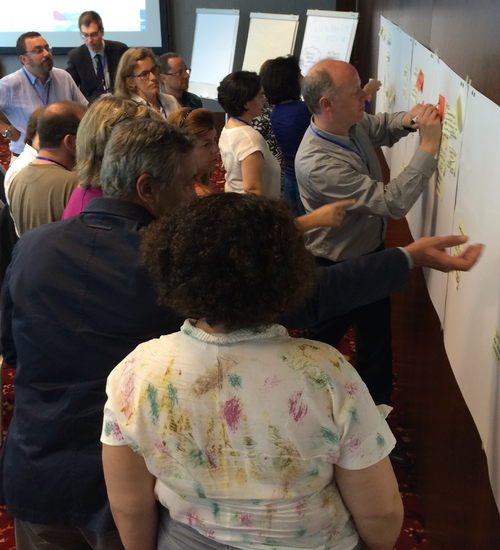
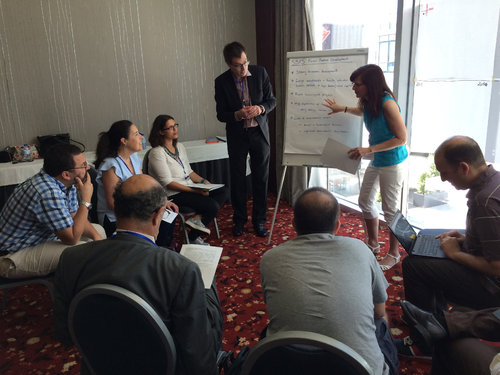
Discussions at the Iberia Stakeholder Workshop; Credit: S. Haenen
In between all these activities, a case study field trip to Lezírias was organized, where in addition, stakeholders experienced a climate theatre performance, illustrating the dynamic bond between climate and humans, in a world beyond 2˚C warming.
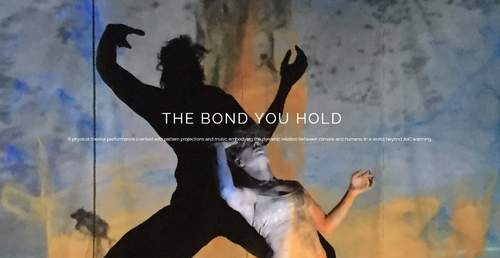
To learn more about the Iberian case study, as well as other case studies from IMPRESSIONS and its sister projects RISES-AM and HELIX, visit the interactive map on our common website.
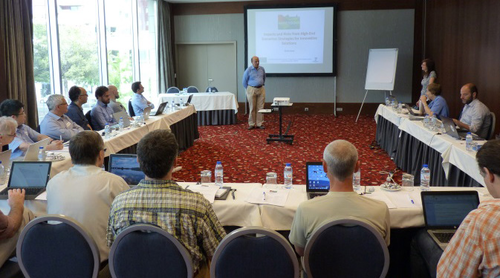
Images from the Project Steering Committee meeting. Credit: Pavel Stoev
The workshop was preceded by an IMPRESSIONS Steering Committee and Advisory Board meeting which took place on 22 & 23 June 2015 in Lisbon. The meeting brought together key project players with international experts to discuss the future directions of project development in important research areas including:
- Stakeholder engagement within the case studies
- Innovative and effective decision-making under uncertainty
- Development of multi-scale integrated scenarios
- Advancement of climate change impacts, adaptation and vulnerability methods and models
- Development of adaptation and mitigation pathways
- Integrated and transformative solutions to high-end climate change
- Project dissemination and communication activities